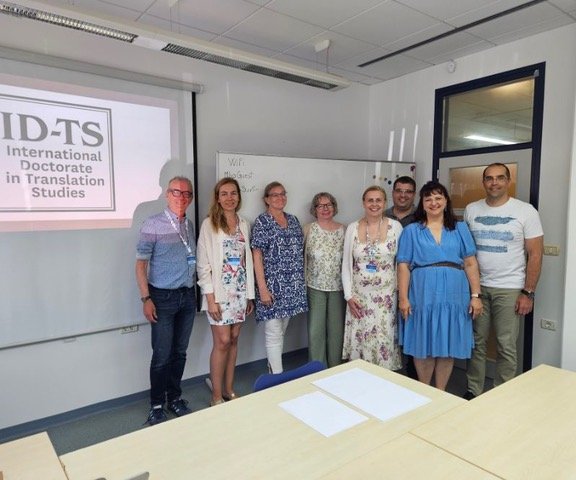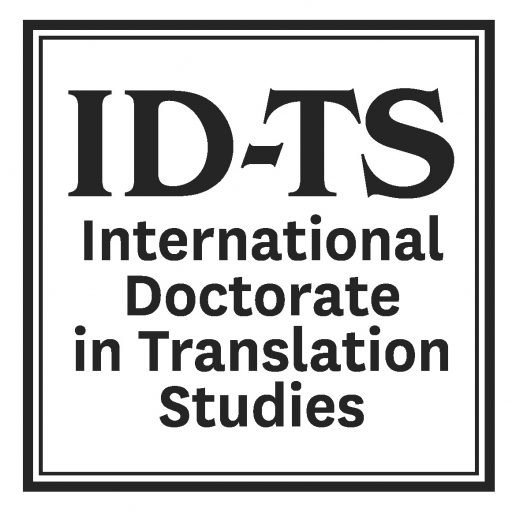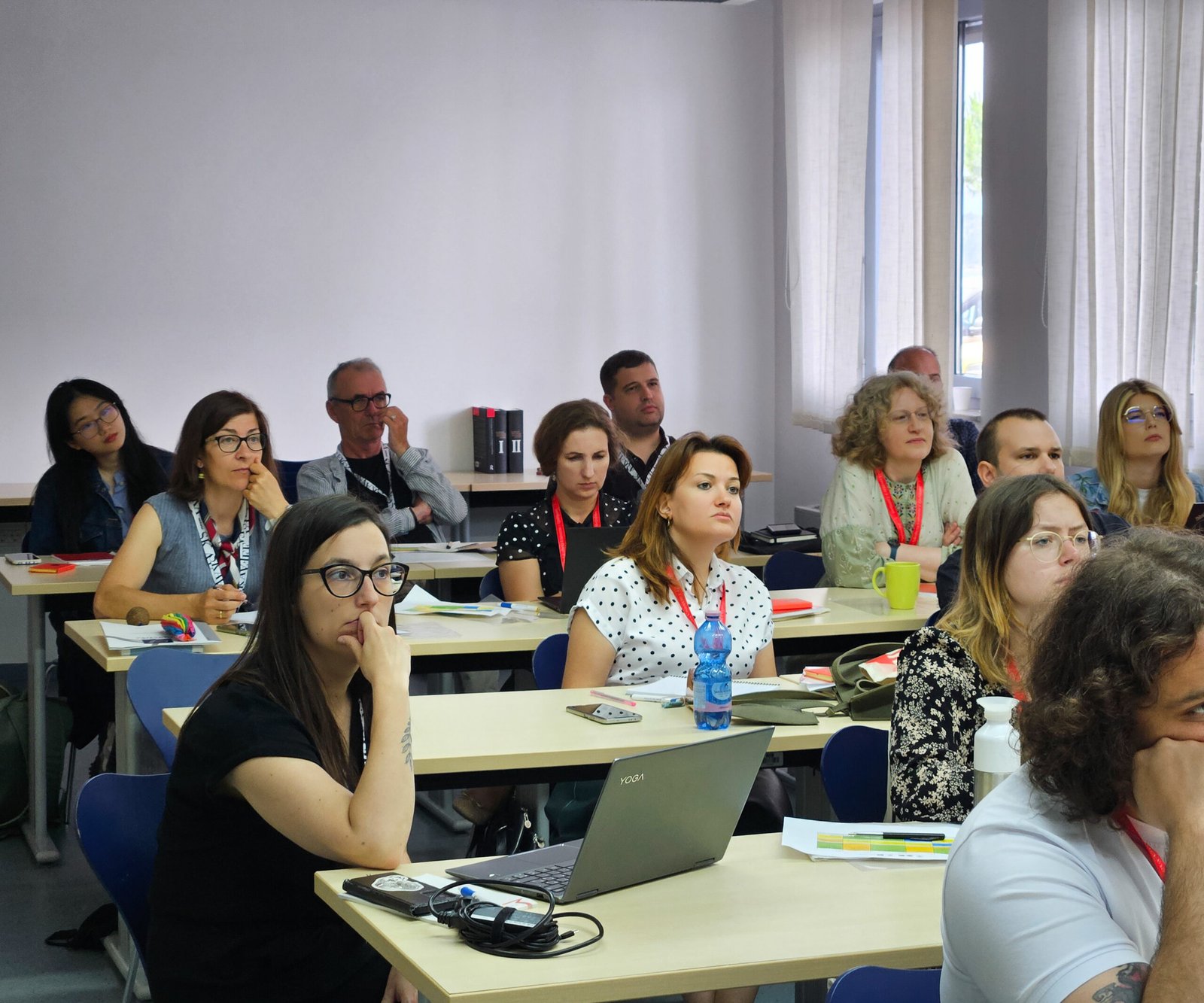Training Translation Studies Summer School, held from 24 June to 5 July 2024 at the Marine Biology Station, Piran, Slovenia.
The local organisers were Nike K. Pokorn, Assit. Tamara Mikolič Južnič, Jerneja Umer Kljun and Zarja Vršič, all from the Department of Translation Studies, University of Ljubljana, Slovenia. As has been the case since 2012, the school was organised with the help of colleagues from the University of Granada, the University of Turku, the University of Tampere, Boğaziçi University, and the Slovenian Society for Translation Studies, STRIDON.
The school was attended by 15 students from 13 universities (Semmelweis University, Ghent University, University of Lisbon, University of Ljubljana, University of Graz, Stockholm University, Ege University, University of Manchester, Vilnius University, Istanbul University, University of the National Education Commission in Krakow, Complutense University of Madrid, Tallinn University), located in 12 countries (Hungary, Belgium, Portugal, Slovenia, Austria, Sweden, Turkey, United Kingdom, Lithuania, Poland, Spain and Estonia). Five students came from ID-TS institutions (Ghent University, University of Ljubljana and University of Graz).
The 2024 Visiting Professor was Prof Michael Cronin from Trinity College, Dublin. In addition to a series of lectures by guest professors, the students also attended lectures and workshops given by 11 teachers: Nike K. Pokorn, Tamara Mikolič Južnič and Robert Grošelj from the University of Ljubljana (Slovenia), Dorothy Kelly from the University of Granada (Spain), Christopher Mellinger from the University of North Carolina Charlotte (USA), Tom Hanson from Butler University (USA), Kaisa Koskinen from the University of Tampere (Finland), Outi Paloposki from the University of Turku (Finland), Ceyda Elgül and Jonathan Ross from Boğaziçi University (Turkey), Joanna Dybiec-Gajer from the National Education Commission Krakow (Poland). This means that 7 teachers came from ID-TS member institutions.
The school consisted of lectures, seminars and workshops on translation theory, different TS methodological approaches, teacher training seminars, thematic sessions by the visiting professor, a group virtual activity, individual tutorials and a graduate conference. In addition, a compulsory virtual learning phase preceded and followed the two weeks of intensive on-site teaching.
The evaluation of the School by the students shows that they were satisfied with the organisation and content of the Summer School. Below are some of their comments:
Regarding the tutorials: Everyone I spoke to was invested and engaged. I received valuable feedback.; All were very useful. Being guided by esteemed profs was an honor. One of the best parts of the summer school.
Regarding guest professor’s lectures: The guest professor lectures dealt with important and profound topics, and they sparked interesting discussions. Professor Cronin’s lectures provided a different and insightful way of thinking about TS.; Awareness on the subjects is fundamental in our society and we as researchers should reflect on them. The lectures were a great impulse in this direction.
Regarding teacher training: I really enjoyed these lectures, as I had never had the opportunity to learn more about teacher training. These lectures have emphasized the importance of appropriate and adequate teacher training, and the challenges this field is still facing today.
Regarding methodology: I really liked that there were different researchers (and researcher personality types), as they presented various academic approaches (including methodology). This diversity, I think, was one of the greatest values of the Summer School, and should be maintained in the future as well.
On behalf of the local organisers, I would like to thank the ID-TS Board once again for their sponsorship of the event





